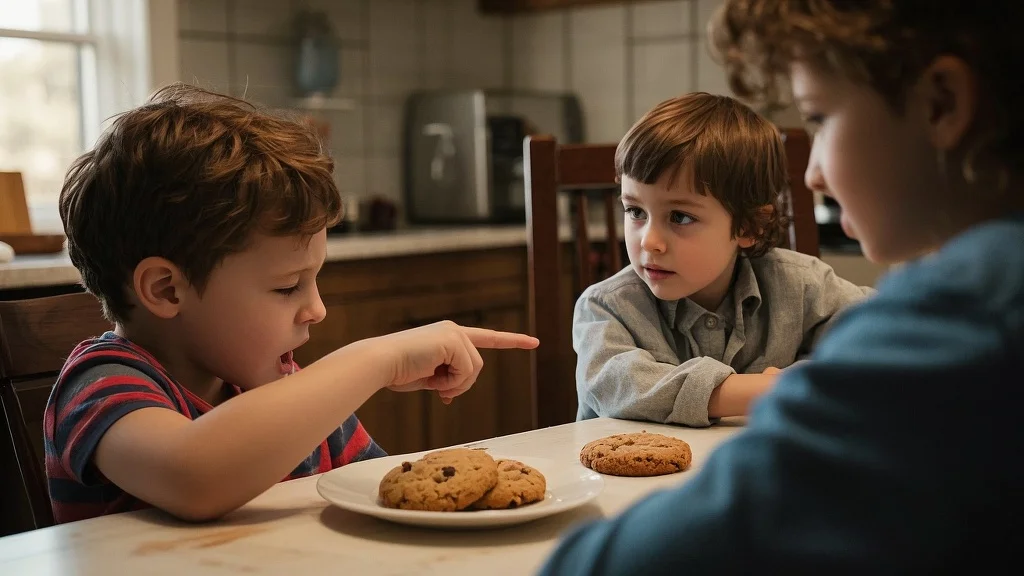When comparing FAFO parenting (“Find Out and Figure Out”) with Tiger Parenting, it becomes clear that each represents a fundamentally different philosophy of child-rearing—with significant implications for how children develop resilience. Here’s a closer look at how these approaches differ and what they mean for fostering long-term strength and adaptability in kids.
FAFO Parenting: Learning Through Experience
Definition and Core Idea
FAFO parenting encourages children to learn through natural consequences within a safe and supported environment. Rather than shielding kids from every mistake, parents allow them to face the results of their actions—guiding them to reflect and problem-solve on their own.
How It Builds Resilience:
- Promotes independence and critical thinking by letting children navigate challenges firsthand.
- Strengthens understanding of cause and effect—for example, experiencing a low grade after failing to study teaches more than parental reprimands alone ever could.
- Develops emotional resilience: kids learn that setbacks are manageable and often serve as opportunities for growth.
- When combined with open communication and emotional support, FAFO helps children become accountable yet confident individuals.
- Applied in areas like financial literacy, it allows kids to make small, supervised financial decisions—building money management skills and long-term fiscal resilience.
Challenges and Considerations:
- Requires careful judgment: very young children may not be able to connect actions with delayed consequences.
- If applied inconsistently or without warmth, it may be perceived as indifferent or uncaring.
- Demands active engagement—parents should offer scaffolding and reflection, not simply detachment.
Tiger Parenting: Discipline and High Achievement
Definition and Core Idea
Tiger Parenting is a strict, high-expectation approach focused on excellence and obedience. Often influenced by cultural values, it emphasizes academic achievement, skill mastery, and disciplined behavior.
Perceived Strengths:
- May instill a strong work ethic, self-discipline, and persistence.
- Can motivate children to strive for ambitious goals and reach high levels of accomplishment.
Risks to Resilience:
- Often correlates with heightened anxiety, lower self-esteem, and reduced autonomy.
- Children may struggle with internal motivation and fail to develop their own decision-making skills.
- Linked in some studies to increased risk of mental health challenges, including depression and self-harm.
- Even when paired with positive psychological reinforcement, the pressure-driven nature of Tiger Parenting can undermine well-being and authentic resilience.
Conclusion: Which Approach Fosters Greater Resilience?
While both styles aim to prepare children for future challenges, FAFO parenting—when practiced with sensitivity and support—proves more effective at building holistic and sustainable resilience. It encourages agency, adaptability, and problem-solving in real-world contexts, helping kids become capable and emotionally intelligent adults.
Tiger Parenting, though sometimes successful in driving external achievement, tends to compromise mental health and intrinsic motivation. The focus on performance over process can limit a child’s ability to cope with failure and adapt flexibly to change.
Ultimately, resilience is not just about enduring hardship—it’s about growing through it. FAFO offers a balanced, compassionate way to help children do just that.








